Publications
Articles, publications, books, tools and multimedia features from the U.S. Institute of Peace provide the latest news, analysis, research findings, practitioner guides and reports, all related to the conflict zones and issues that are at the center of the Institute’s work to prevent and reduce violent conflict.
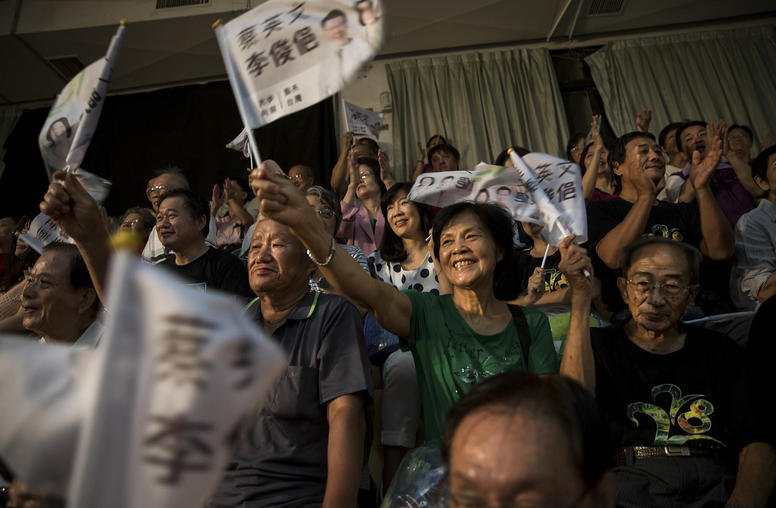
What You Need to Know About Taiwan’s Pivotal Presidential Elections
Ahead of the November 20 deadline to register candidates, Taiwan’s campaign season for the January 2024 presidential elections is in full swing and voters are presented with four candidates. While economic and energy policies will be key for voters, the chief foreign policy issue is how to manage relations with China. Both Beijing and Washington will be watching closely for what the election augurs for cross-Strait tension and Taiwan’s relationships with the world’s two major powers.

La guerra entre Israel y Hamas divide a América Latina a través de líneas partidistas
A medida que aumentan las bajas civiles en el conflicto entre Israel y Hamás, muchos líderes latinoamericanos están intensificando sus críticas al gobierno israelí. Bolivia recientemente se convirtió en el primer país en romper relaciones con Israel; Chile, Colombia y Honduras llamaron a sus embajadores para consultas; y diplomáticos de Argentina, Brasil y México han condenado a Israel por su violencia, exigiendo un cese inmediato de las hostilidades.
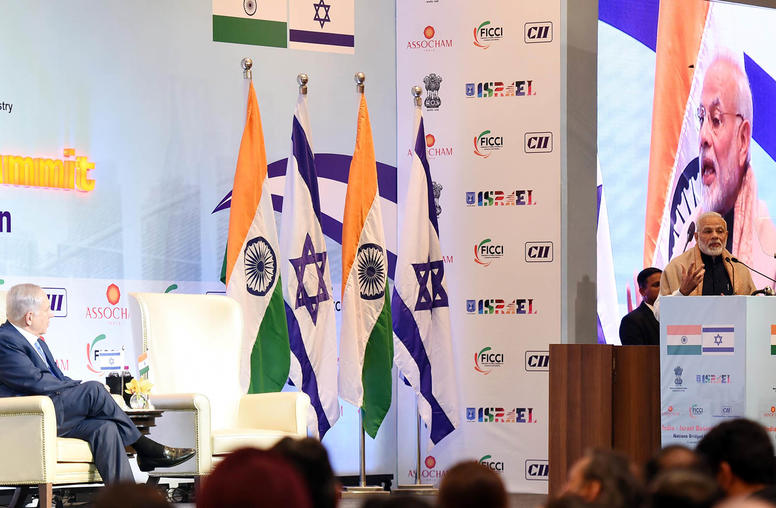
Amid War in the Middle East, India-Israel Ties Reach New Milestone
India’s official response to the Israel-Hamas war reflects a meaningful and likely durable strategic tilt toward Israel by Prime Minister Narendra Modi and his ruling Bharatiya Janata Party (BJP). Yet India’s shift should not be misinterpreted as a broader alignment with the United States or any other “camp” in this bitter contest. The maxim that Indian External Affairs Minister S. Jaishankar has repeated in other fraught geopolitical contexts holds equally true for India’s stance in the Middle East: “Do not think it’s necessary for India to join any axis. India is entitled to make its own choices which will be a balance of its values and interests.”
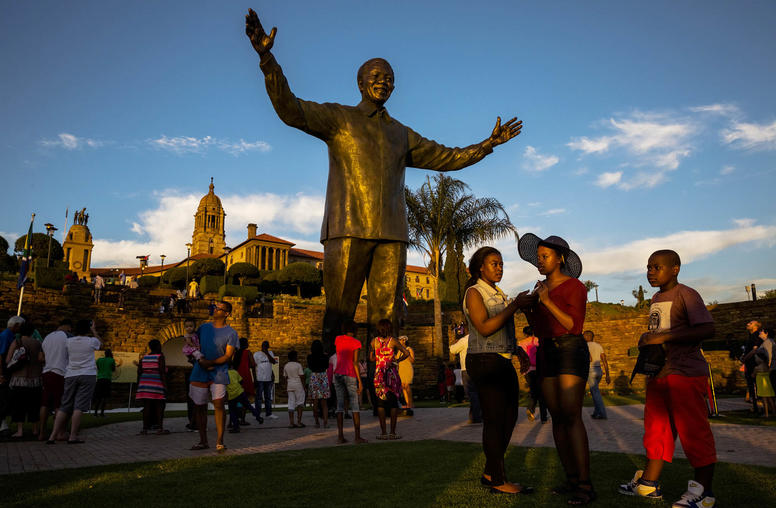
10 Years On, Mandela’s Model Can Build Peace in a Despairing World
Americans and people worldwide are alarmed, even despairing, at our world’s rise in violent conflict. Amid Russia’s assault on Ukraine and yet another brutal spasm of the Israeli-Palestinian conflict, people are rightly asking what changes our governments and communities need to halt this spread of bloodshed, notes Ambassador Johnnie Carson, a dean of diplomacy and peacebuilding. Days from now, the world will mark 10 years since the death of Nelson Mandela, the liberation leader, South African president and Nobel Peace Prize laureate. Mandela’s example, Carson says, offers reminders of what we need today to turn back the tide of warfare.
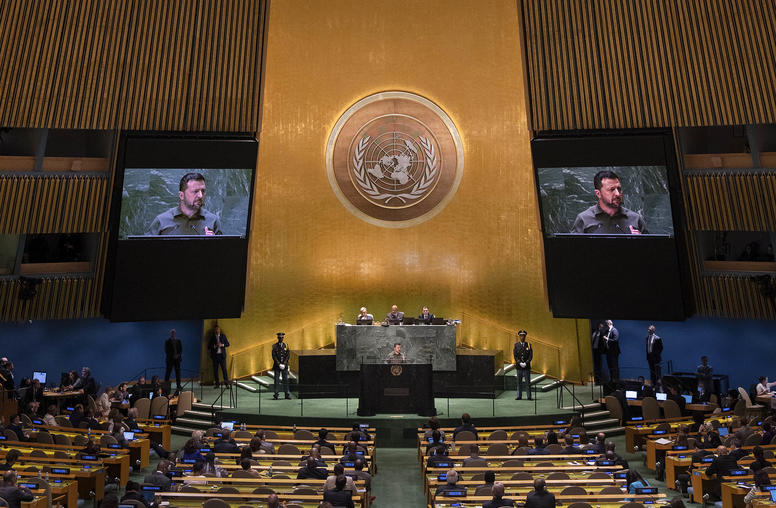
How Does the Israel-Hamas War Impact Russia and Ukraine?
Amid Russia’s ongoing war on Ukraine, Hamas’s terrorist attack on Israel and Israel’s military response in Gaza has significant and challenging repercussions for both countries and for U.S. support for Ukraine’s defense. Both Ukraine and Russia are seeking political and diplomatic support from the international community, which is watching closely to see who supports and who condemns Hamas and Israeli actions. At the same time, the war in Gaza threatens to take global attention and resources away from Ukraine’s efforts to defend itself. This change in focus could lead to a diminution of economic and military assistance for that embattled country.
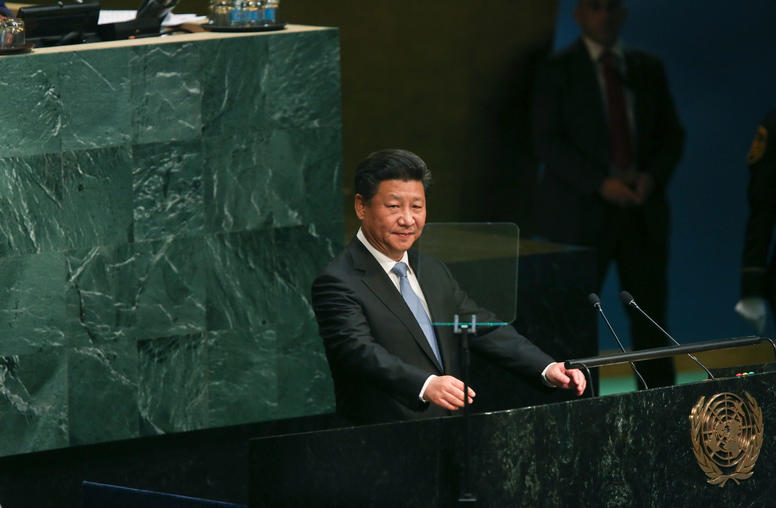
What China Wants in the Middle East
Amid the current Middle East crisis, China has three objectives: Beijing seeks a semblance of peace in the Middle East, hopes for a halt to the Israel-Hamas conflict and wants to project an image of a responsible great power. But the Chinese Communist Party (CCP) almost certainly won’t make any meaningful contribution toward Middle East peace, nor is it likely to take serious steps to facilitate an agreement to suspend hostilities in Gaza. Yet, amid not delivering on objectives one and two, the CCP is well postured to advance its third objective of making itself look good in the eyes of three audiences: the Chinese people, the Arab street and the Global South.
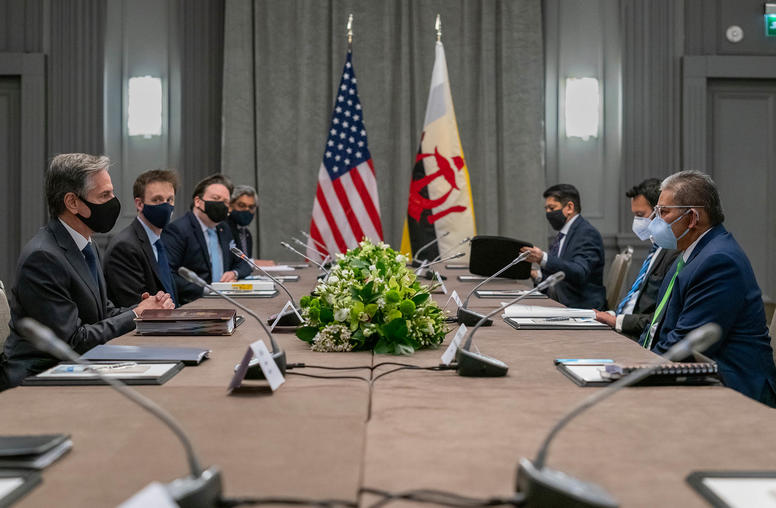
Why Brunei is Hedging Between the U.S. and China
The U.S.-China rivalry is fundamentally transforming the conventional pillars of Asia's economic and political landscape as it plays out across many domains — including diplomacy, commerce, security, intelligence, ideology, values, science and technology. The United States' posture toward China has seen a seismic shift in recent years, driven by American perceptions of China’s rise and the threat it poses. Indeed, China’s economic ascendance and its growing importance in the international system — demonstrated by its economic success, military strength and soft power influence — pose a geopolitical challenge to the United States’ preeminent position in international politics. While this rivalry is shaping the global order, there’s nowhere it’s felt more than in Southeast Asia.
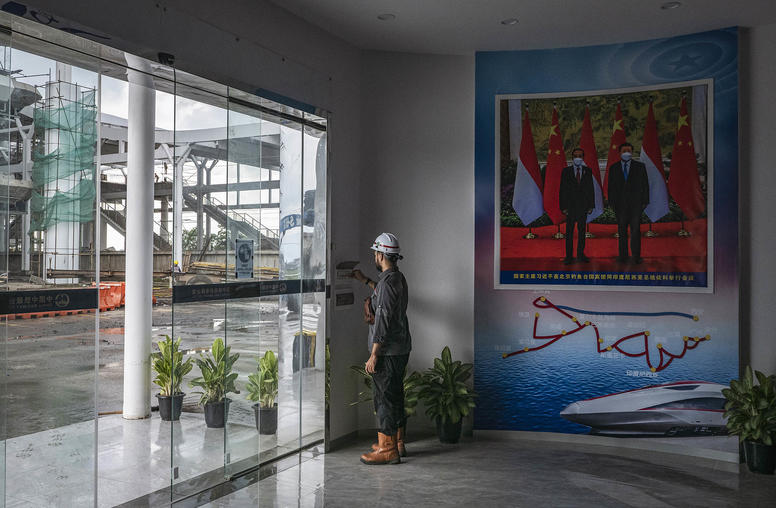
Why China is Rebooting the Belt and Road Initiative
World leaders gathered in China last week for the third forum on the Belt and Road Initiative (BRI), Xi Jinping’s massive, trillion-dollar physical and digital connectivity project. As the BRI turns 10 this year, Beijing is looking to reboot Xi’s signature foreign policy program amid criticism of the debt load it often burdens partner countries with and other environmental and human concerns. In light of these criticisms, China emphasized last week that the future of the BRI is “smaller” and “greener” projects.
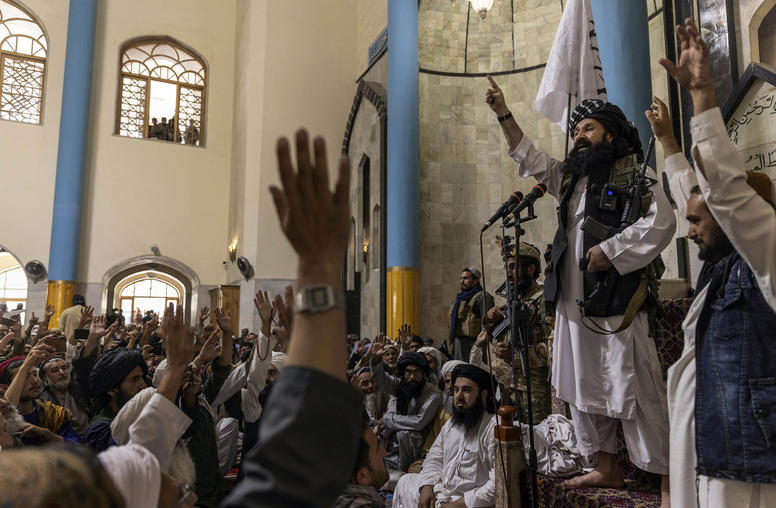
A Shift Toward More Engagement with the Taliban?
Since the Taliban retook power in Afghanistan in August 2021, the United States has found itself in a vexing dilemma — wanting to condemn and hold accountable the Taliban regime for persecuting women and girls, harboring terrorists and failing to govern inclusively, but also wanting Afghanistan to avoid famine and civil war, and achieve some economic and political stability. U.S. policymakers have thus tried to balance principle and pragmatism. To exert pressure on the Taliban, the United States has withheld diplomatic recognition and traditional development aid, frozen Afghan Central Bank assets and maintained sanctions on Taliban leaders.
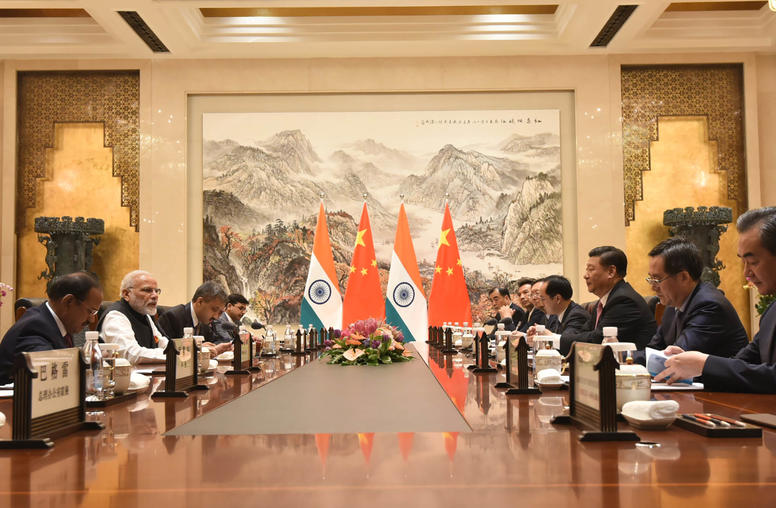
Three Things to Know About China-India Tensions
Relations between the two Asian giants have soured over the last decade, particular following a 2020 border brawl between Indian and Chinese troops in the Galwan Valley. While there are credible concerns that these nuclear powers’ ties are trending in the wrong direction — particularly as both sides continue provocative actions — neither Beijing nor New Delhi wants to see an escalation toward a more serious conflict. For its part, the United States has sought to deepen its security and economic relationship with India as the U.S.-China rivalry intensifies and considers it a vital partner in Washington’s Indo-Pacific strategy.